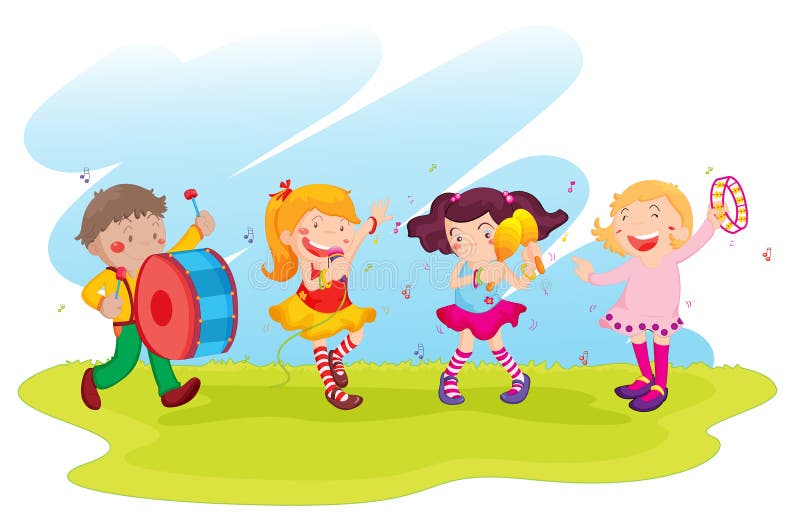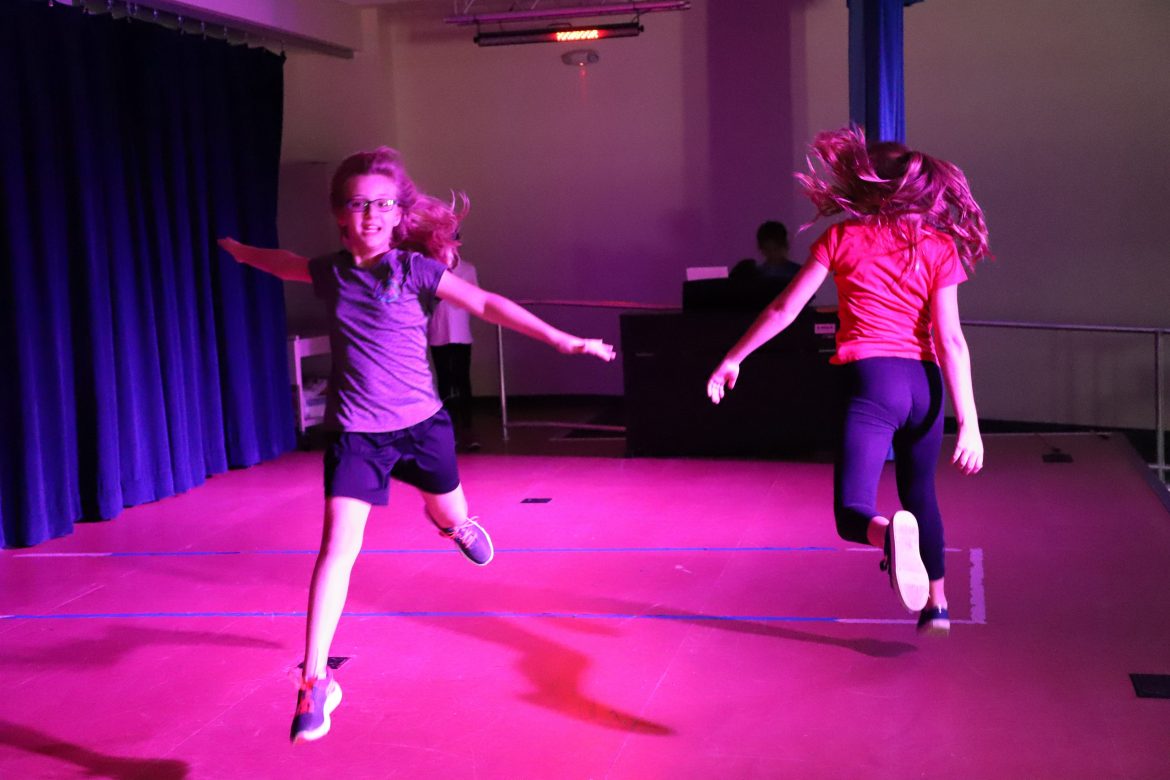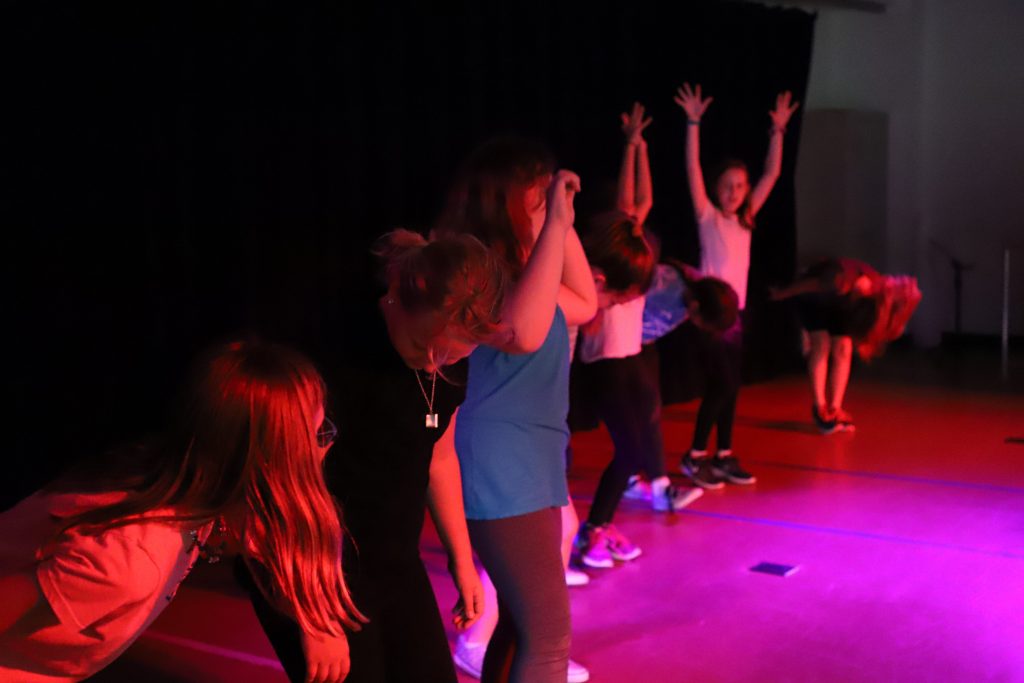The Importance of the Creative Arts for Children

Creating art is a fine way for children to make choices and solve problems. Every step involves making a decision: what color to use, how to make a line, what size to make something. With every choice the object becomes more and more their own.
Everyone has an imagination. Art takes it a step further. Through art, children create something that, until that point, was only imagined. Thus, they create visual manifestations of abstract ideas.
According to research by Scholastic, children who sing/dance/act or perform on stage for others are four times more likely to be recognized for academic achievement compared with their non-performing friends — and they tend to have enhanced cognitive, motor, and social development. There are all kinds of benefits to exposing your child to the arts early on.
1) They become quick thinkers
Whether you’re an adult or an elementary school student, the ability to remain calm under pressure and think on your feet can be difficult. Children exposed to the creative or performing arts learn to master this skill, because the show must go on.
“When something goes wrong during a show, kids learn to improvise,” says Brian Olkowski, a 4th- and 5th- grade teacher in San Ramon, CA, and director of the school’s drama club. No performance is ever perfect, says Olkowski, so the real skill is learning to minimize errors and get back on track. “When someone flubs a line, the other kids learn how to cover for him,” he says. “I tell them it’s not about never making a mistake; it’s about never letting the audience see your mistake. Those are great skills that transfer to the classroom setting as well, whether it’s giving a presentation in front of peers or being called on to answer questions.”
2) They become masters of their anxiety
Let’s face it: we all get anxious from time to time. Perhaps we have a big presentation coming up, or a math test you’ve been studying really hard for. Learning from an early age how to cope with performance jitters gives kids a leg up in those big life moments. “The first step for a parent is to normalize a child’s feelings of anxiety,” says Lisa Lollar, a psychologist who works with performing artists. “Tell them, ‘You know, a lot of kids — and even adults — feel nervous before a performance. It’s completely natural.’”
Then, before the big show, talk your child through his or her worries by reminding them of other moments when hey have felt anxious, even when things turned out well. “Remind him of the baseball game when he felt really nervous at the plate, but managed to get a great hit,” suggests Lollar. “Recalling past experiences with positive outcomes gives a child confidence.” Other tricks: Help your child calm their body in the minutes before the performance begins by taking four or five long, deep breaths or counting backward from seven. Both force the mind to focus on something other than nerves.
Once the show is over, let your child bask in the accomplishment, then casually comment on how well everything went. This experience will be carried until the next time, as more evidence that he or she can successfully perform under pressure.
3) They express brand-new emotions
One of the wonderful things about being in a play is that for a short period of time, you get to become someone else. For a child who struggles to talk about her feelings, characters in a play can offer an intermediary through which they can open themselves up. “It is a very safe way for kids to try out certain feelings — and take ownership of them — while playing the role of someone else,” says Olkowski, who also runs a summer theater program for children. “I’ve worked with shy kids who are able to blossom on stage and express themselves in a way they aren’t comfortable doing around their peers.”
Playing the role of someone else also teaches kids about empathy. “They learn to put themselves in someone else’s shoes,” says Jessica Hoffman Davis, author of Why Our Schools Need the Arts. “In performing the part of someone else, they learn what it’s like to think like that other person.”
For kids who aren’t into acting, dance can offer another way to explore their interior world, says Annie Spell, Ph.D., a child psychologist in Lafayette, LA, and co-creator of Leap ’N Learn for the Classroom, a movement program for kids. “Dance teaches kids to think in a totally different way. You take the physiological experience of an emotion and assign it a corresponding movement instead of a word. It can be a powerful tool for kids who have trouble expressing themselves.”
4) Their self-esteem can soar
At the end of the day, the transferable skills a child learns from performing may not be nearly as important as the experience of performing itself. “We’re always looking for ways the arts can benefit kids in other areas of life,” says Davis. “It’s as if art for art’s sake isn’t worth our time, when in fact, it gives kids an awareness about themselves and creative skills they’d never learn otherwise.” She may never apply the improvisation skills she learned during the school play to a math equation or turn her teamwork with other dancers into leadership on the school playground. But simply by having been part of the performance process, your child has been exposed to a new way of thinking and doing. And that alone is a success to be proud of.






